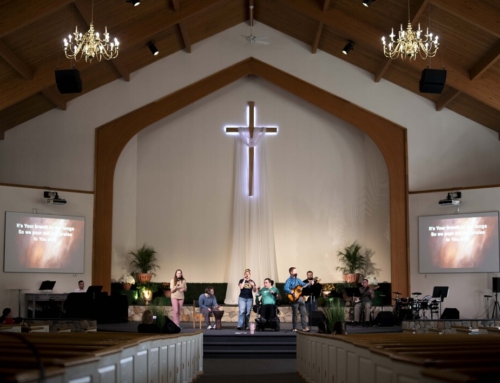Effective Disability Ministry is Not a Thing We Do, But a Way of Doing Things
What Does “Disability” Mean?
On the surface, there’s a simple answer: someone is unable to do something.
But when you probe a little deeper, it gets murky. For example, a middle-aged veteran in a wheelchair and a third grader with Down syndrome are both classified as “disabled,” but you would be hard pressed to draw many more comparisons between the two of them. Their disabilities are so dissimilar that they stretch the limits of what can meaningfully constitute a single group.
Perhaps the one thing that “people with disabilities” have in common is encountering barriers almost everywhere they go. A church that effectively ministers to people with disabilities, therefore, is one that helps remove these barriers.
Rather than thinking of disability ministry as an additional ministry of the church, we should first think of it as a methodology.
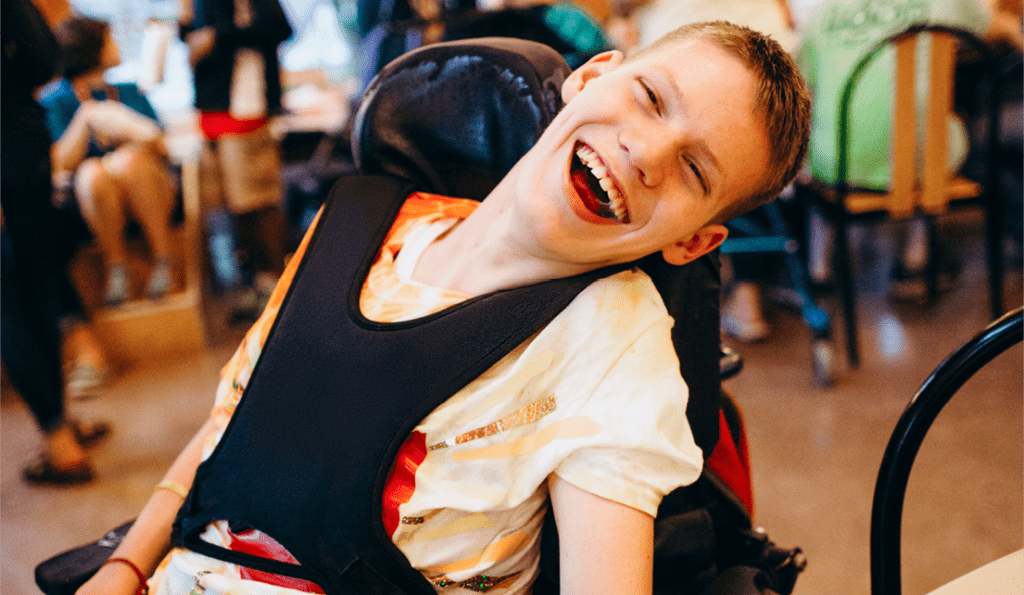
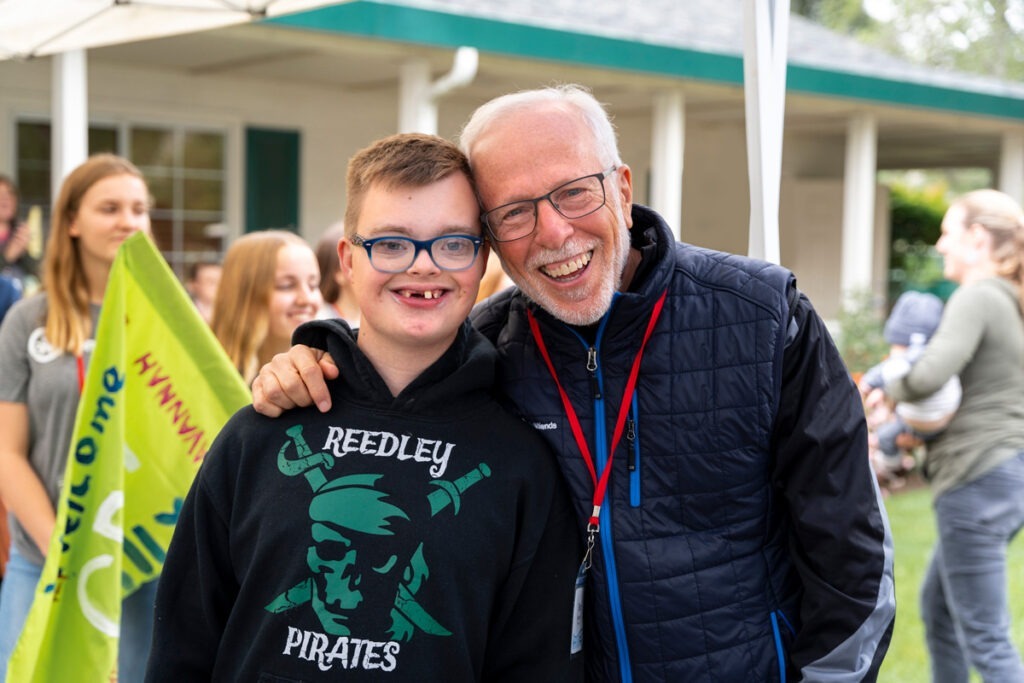
Effective disability ministry is not a thing we do, but a way of doing things.
It’s learning to ask the right types of questions. What are this person’s unique strengths, gifts, and abilities? What are the barriers they experience at our church?
Barriers come in two primary varieties: physical and social.
Physical barriers can take a lot of different forms, for example…
- Inaccessible architecture (no elevator to the second floor)
- An overwhelming sensory environment (loud music and flashing lights during worship)
- Lack of reliable transportation (inability to drive, no car, inconvenient public transit)
Social barriers are invisible and a lot harder to identify.
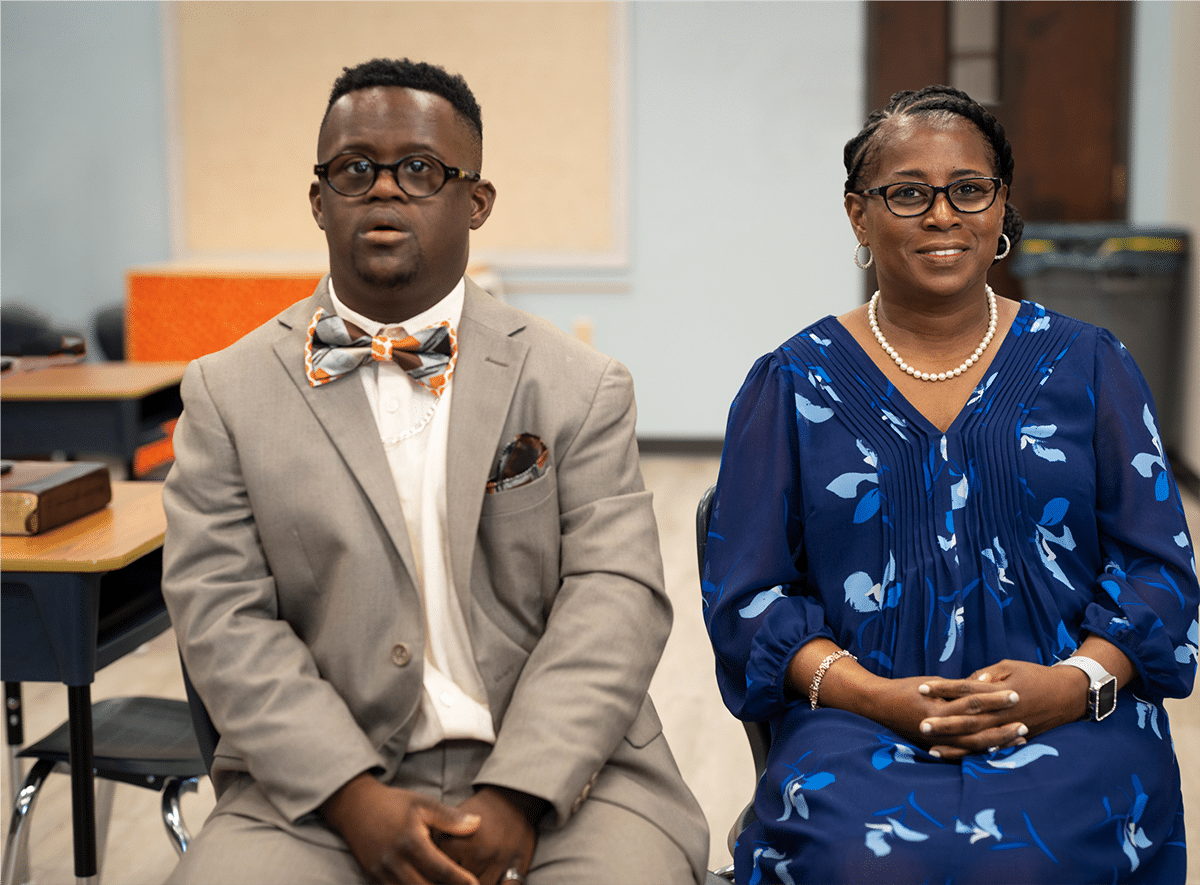
These types of barriers might come in the form of expectations and assumptions…
- A person with an intellectual disability would not benefit from hearing the Bible taught .
- Absolute silence is required during the sermon, so people with tic behaviors cannot sit with everyone else.
- Invisible disabilities like autism are fictional or mere excuses for bad behavior.
- A person who is nonverbal is incapable of knowing God.
Social barriers are the hardest to remove.
You can force a physical environment to change, but you cannot force individuals to change. A staircase doesn’t get to say “no” when it’s turned into a ramp. But changing the social environment is a process that requires consistency and patience.
A one-time workshop on “disability” is unlikely to lead to lasting change in a congregation. However, as people with disabilities are integrated into the life of the church through ongoing training of staff and volunteers in all areas of ministry, the culture of the entire church can change.
As leaders, and as a church family, we do not need to be experts on disability, but we do need to become experts on individuals.
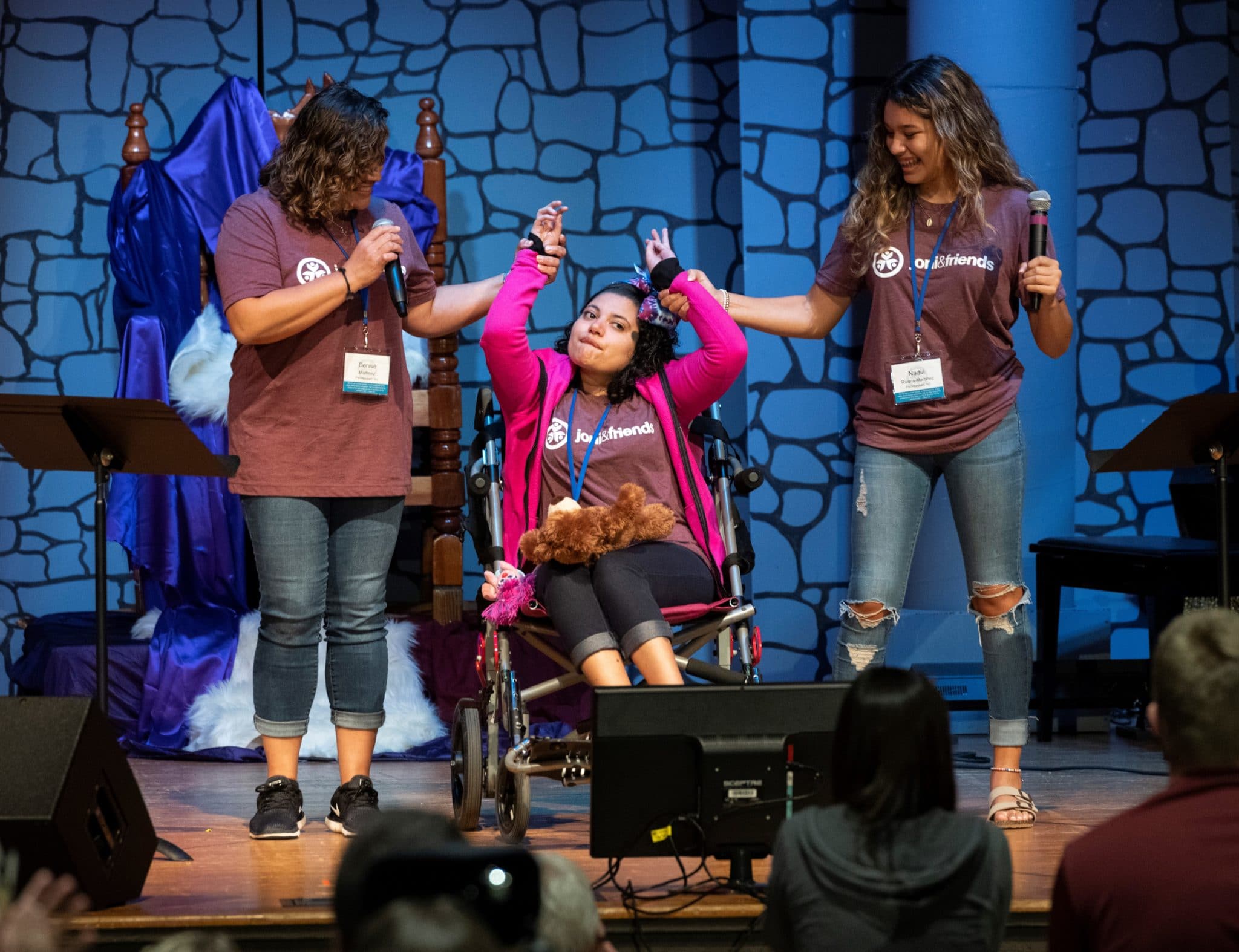
When someone with autism, or Down syndrome, or cerebral palsy visits your church, the best way to learn about them isn’t to visit Wikipedia, but to talk to them and find out who they are.
As churches, we serve individuals, not disabilities.
We need to put the person before the diagnosis because we minister to people with disabilities, not a disability.
For many people with a disability, “disability” is not at the front of their mind! The wheelchair might be the first thing a stranger notices, but the person in a wheelchair may very well be thinking about repairs for their car, what they’re going to get for lunch, or whether they’re going to visit family at Thanksgiving or Christmas. “Disability” is not usually the most pressing issue on the mind of a person with a disability.
Before any titles, descriptors, or labels we wear, we are first and foremost people who have been created in the image of God.
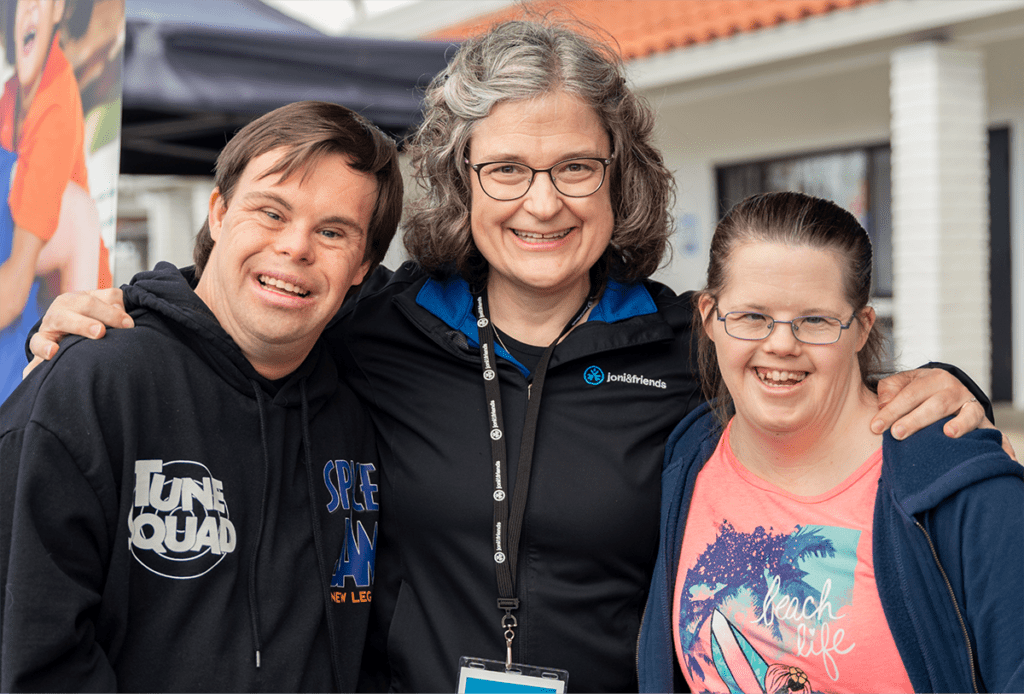
With this truth front and center, we best serve people with disabilities when we make efforts to remove barriers, build friendships, and encourage their God-given gifts in our churches.
An accessible church is one that seeks to identify and remove barriers that keep people with disabilities from fully participating in the body of Christ and the mission of the church.
While the barriers that a middle-aged veteran in a wheelchair and a third grader with Down syndrome experience are different, they are each loved by God, and have a unique role to play in the body of Christ.
Because believers with disabilities are an equal part of the body of Christ, including them is a matter of remaining consistent with what we already believe. Each member has a specific role and function within the body of Christ and preventing one of those members from working in concert with others impoverishes and disables the whole body.
“If one part suffers, every part suffers with it. If one part is honored, every part shares in its joy.”
1 Corinthians 12:26
For free church resources and support, contact Joni and Friends today!
Written By—Ryan Faulk
Ryan Faulk works for Joni and Friends to equip churches in Southern California to evangelize and disciple people with disabilities. He is passionate about seeing churches reflect the heart of Christ for all people.
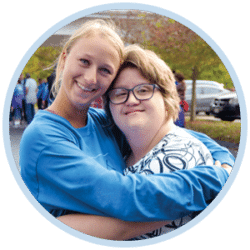
Do You Have Questions?
Contact us at [email protected] or call (818) 707-5664. We’re here for you. Your ministry’s success is our highest priority!

